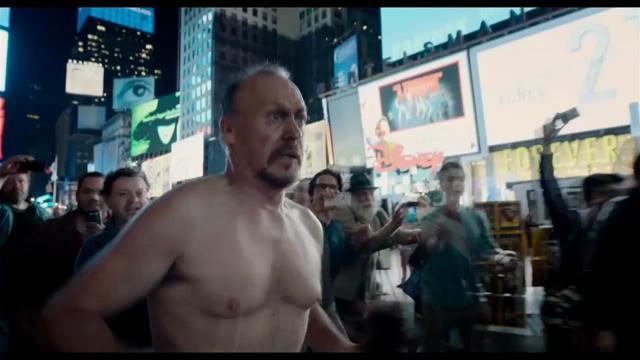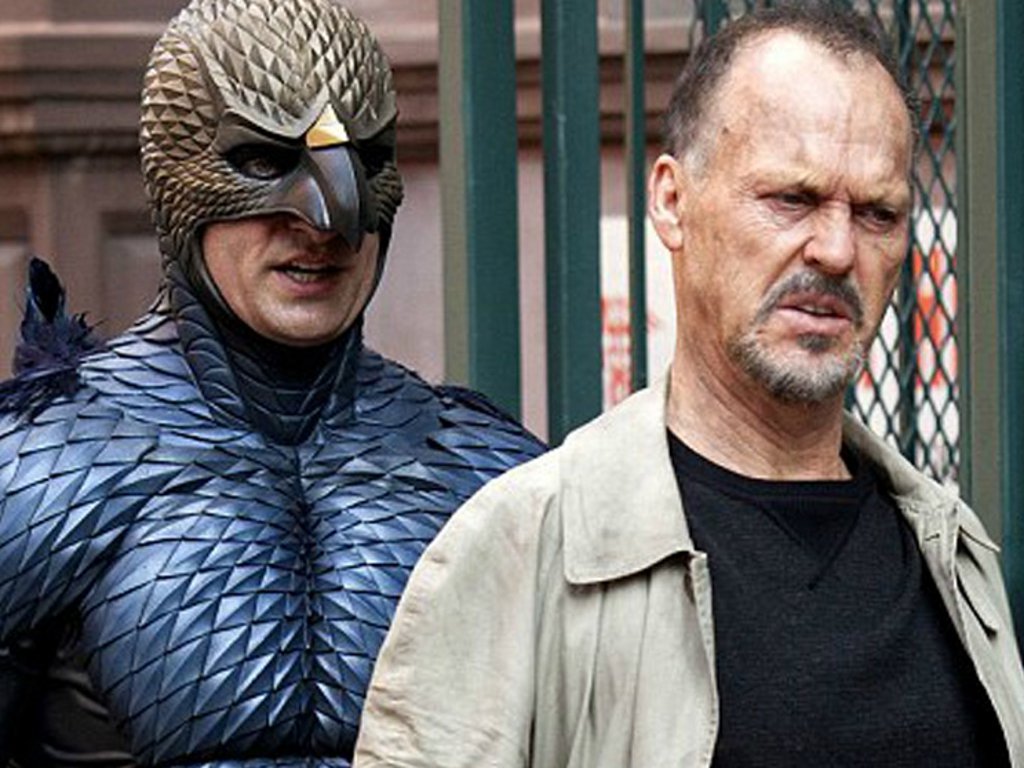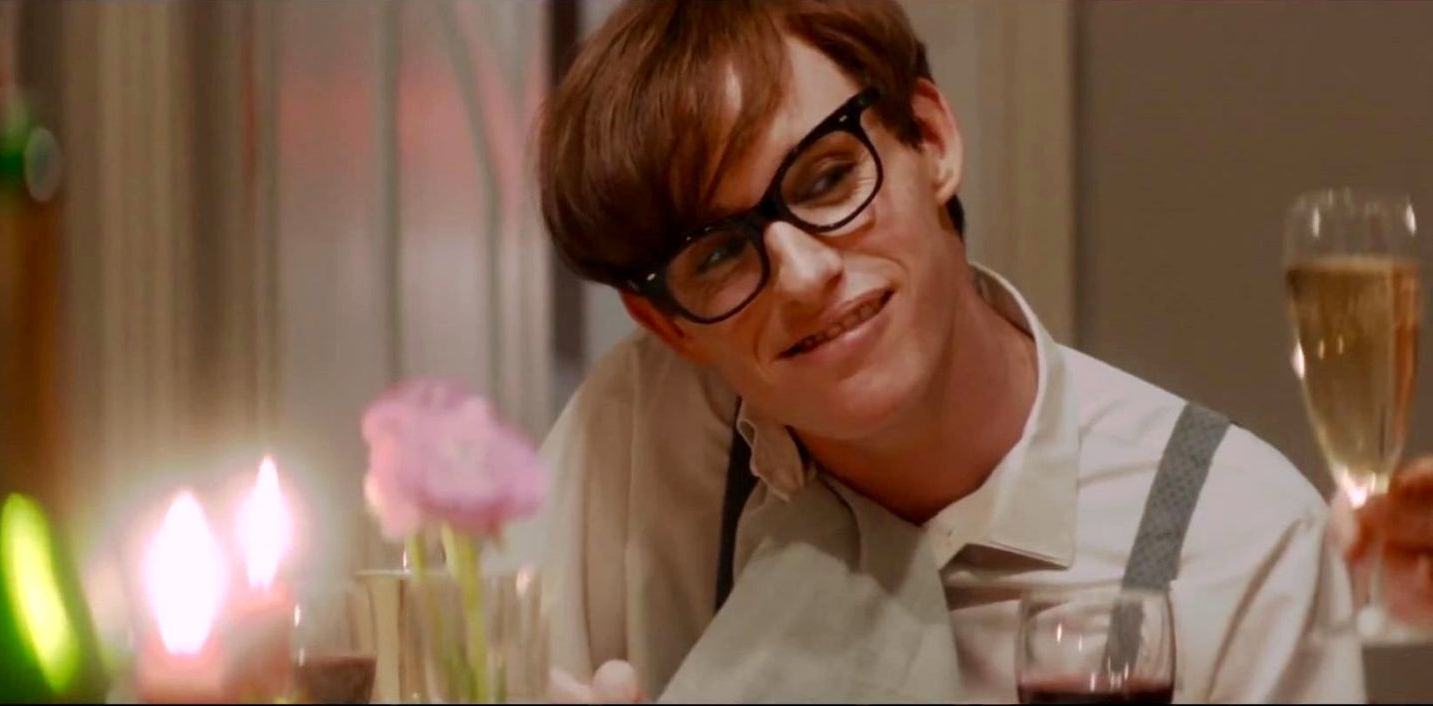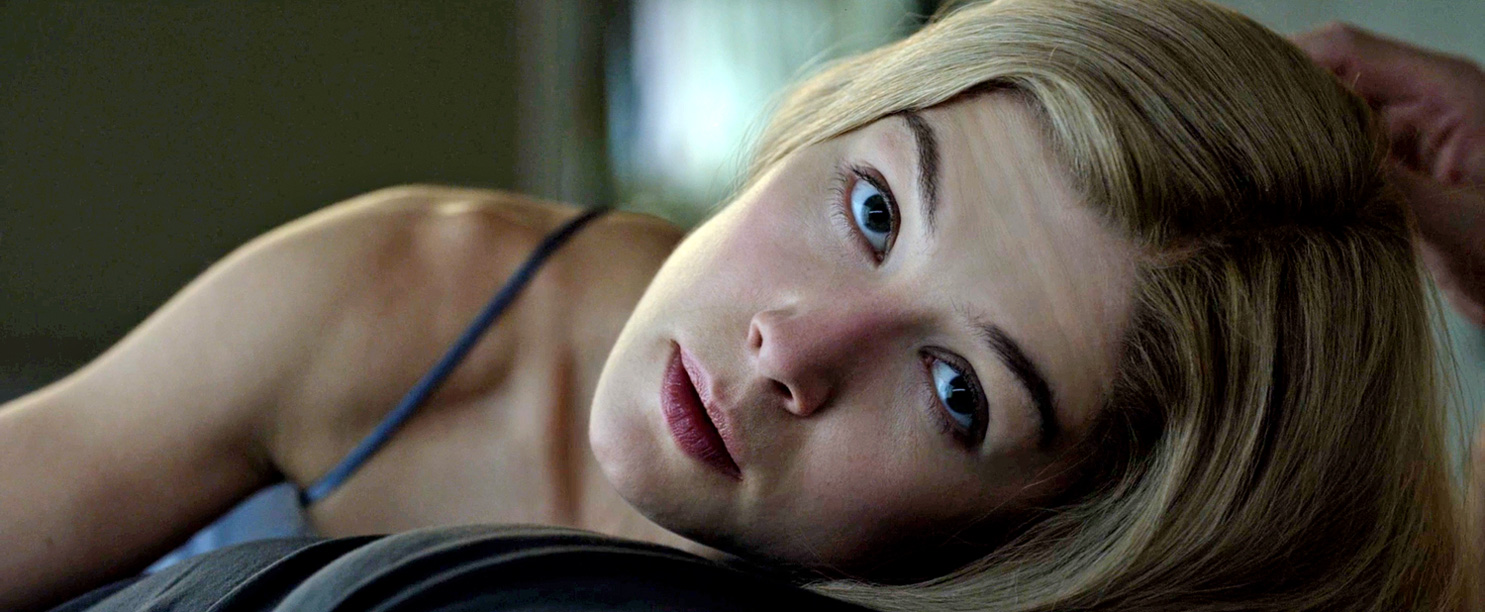The competition for the Best Picture at the 87th Academy Awards appears to be a two-horse race. Not that potential spoilers “American Sniper” or “The Imitation Game” can be easily counted out, but the critics seem absolutely focused on two films – “Boyhood” and “Birdman.” The British Academy of Film and Television thought “Boyhood” was deserving of their best picture and director awards. “Birdman,” on the other hand, has taken American critics by storm, already winning awards from the Directors, Producers, and Screen Actors Guilds of America.
Some even say “Birdman” has all but locked up the race. “Birdman” grabs your attention from the beginning, as it begins with the protagonist floating mid-air, dressed only in his underwear. Michael Keaton portrays Riggan Thompson, a washed-up actor who appears to have a clear psychological imbalance and is facing an internal crisis of identity related to his former super-hero role, Birdman.

Riggan constantly struggles to find his true sense of self – who is he if not Birdman? He perceives himself as anonymous and unknown without being a successful actor, reflecting his perverse obsession with attention and fame. In an attempt to regain his former feelings of relevance, he single-handedly, writes, directs, funds, and stars in a hokey Broadway play that even his closest friends and family are skeptical of.
While the individual acting performances may not merit Academy Awards, they certainly deserve recognition. Keaton was certainly not the only actor to redefine his career with an atypical performance in “Birdman.” The film focuses on Riggan’s rough relationship with his daughter Sam, played by Emma Stone. Sam is incredibly fragile given her recent stint in rehab and struggles throughout the film to acclimate back into a sober reality, often without the help of her father. Comedian Zach Galifianakis plays Riggan’s manager Jake, and although he is certainly funny, his character is far more serious than any of his previous films. Lastly, Ed Norton delivers a terrific performance as one of the stage actors in the play, constantly seeking simulation from the more realistic aspects of the theater. Norton’s self-assured character would have been a frontrunner for Best Supporting Actor had J.K. Simmons not already stolen the category for his magnificent performance in “Whiplash.”
The cinematography in “Birdman” is absolutely breathtaking. The movie is one-of-a-kind, completely distinct from most films which quickly pan camera angles between different characters and settings. The whole film is a single progressing shot, never panning away from the action. The camera follows one character to another, often inside the theater, and time elapses instantaneously and without obvious indication. Even with mundane shots of the theater and streets of New York, the camera-work illuminates certain features and colors to make every landscape look beautiful.
“Birdman” strikes a postmodern tone by demonstrating a stark awareness of the fictional nature of the story. The film outwardly acknowledges that it is no more real than Riggan’s play. Characters will look at the audience and say “here we go” in anticipation of certain progressions. Constant drums are played to emphasize the hectic preparation for the play, and Riggan literally walks by real-life drummer Antonio Sanchez twice while he is providing the film’s background music.
It quickly becomes clear that we cannot take what we see for granted; Riggan Thompson reveals himself as an unreliable narrator early in the film. His perception of reality is greatly distorted, shown when he exercises telekinetic powers to wreak havoc on his dressing room. Riggan’s hysteria becomes blatantly apparent at certain points in the film, as a homeless man shouting apocalyptic prophecies turns to him on the street, asking “Is that too much?”

The film’s plot reflects Riggan’s internal mental processes and his fascination with his life as if it is one big play or film that he is directing. The Birdman role develops into a distinct personality within his psyche, telling him that he should view himself as a superhero and fly above the rest. The film portrays Riggan’s momentous worries of self-doubt and irrelevance; everything he does is solely for the purpose of “being respected and validated.” While the film has its shock value in certain parts (like when Riggan walks through the New York streets in his underwear), its reflexivity is what might give it an edge with the Academy.
The film’s connection to Hollywood reality is obvious. Michael Keaton formerly played Batman and, just like Riggan, has not since had an “A-list” career. While Keaton may not have the psychological drive for fame and recognition that the protagonist does, he certainly takes a risk with this re-defining role in the same way that Riggan gambles his acting career on his own theater production.
While both “Boyhood” and “Birdman” are innovative films that have infatuated movie critics everywhere, “Birdman” may get the Oscar nod due to its subject matter. The Academy loves self-critical films, especially ones where actors can redefine their careers by playing roles distinct from their typical type-cast. Although Keaton’s performance is certainly a highlight of the film, the broader psychological themes that question the nature of Riggan’s reality are where director Damien Chazelle really wins over critics.
History might be on “Birdman’s” side. Critics have continually endorsed films that use the theater and entertainment as a subject. “The Artist” and “Argo” are both recent Best Picture winners. “Birdman” takes this one step further. The film addresses and criticizes how the entertainment industry often can confuse love and admiration. Even actors are constantly worried about seeking fame, and find themselves asking – will I be remembered? In what way? And more importantly, does that make me significant?
The film demonstrates Riggan’s inability to accept himself. As the imaginary Birdman asks Riggan, “Without me what is left of you?” Ultimately, even when he appears to have control, he still remains hyper-concerned that his critical flaws will be exposed. The film criticizes the drive of entertainers and even every-day people who live their lives like Riggan, constantly worried about being humiliated.
While “Birdman” winning Best Picture is not guaranteed, it’s far from unexpected. The film’s superb acting, innovative directing and smart plot have given it a deserving shot.


